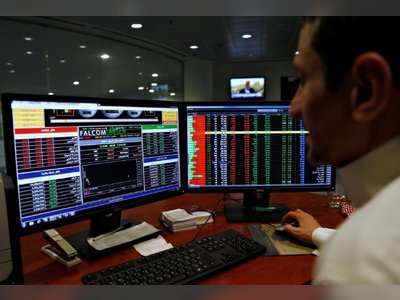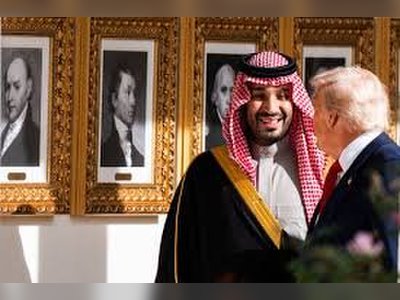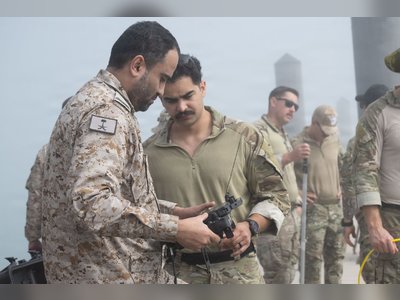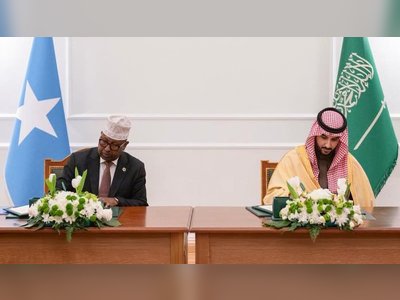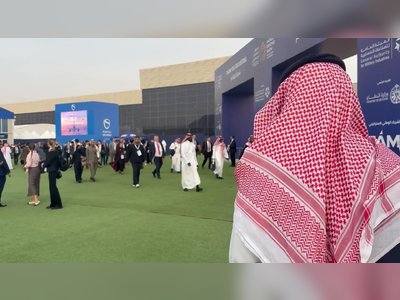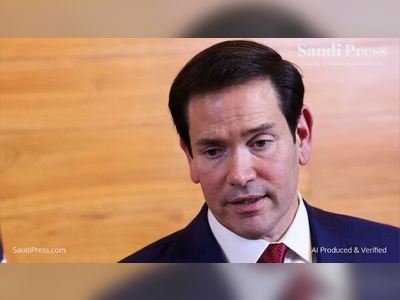Israel's Delicate Balancing Act in Syrian Turmoil
Amid regional upheavals, Israel navigates security and geopolitical threats.
In a volatile Middle Eastern landscape, Israel's recent military maneuvers along its northern frontier underscore a complex calculus that aims to safeguard national security while tiptoeing around Syria's internal upheaval.
Danny Danon, Israel's ambassador to the United Nations, has reiterated that Israel does not seek involvement in Syria's internal affairs, despite its recent airstrikes and control over parts of a buffer zone.
This cautious stance emerges in response to the power vacuum left by the overthrow of Syrian President Bashar al-Assad, which threatens regional stability and Israel's own security concerns.
The topple of Assad has left a fragmented Syria grappling with its future governance, where groups like Hayat Tahrir al-Sham, with its al Qaeda affiliations, have heightened the specter of terrorist strongholds proliferating near Israel's borders.
For Israel, this complex and rapidly shifting geopolitical environment requires a strategic focus primarily on deterrence and prevention.
The real concern lies in the potential for Iran to exploit this instability to expand its influence or for other factions inimical to Israel to gain a foothold.
Israel's actions, therefore, are not merely defensive but also preemptive, aiming to curtail any threat before it manifests at its doorstep.
By maintaining a strategic buffer zone, Israel endeavors to create a safeguard against the chaos that might reign across its boundary.
Nevertheless, the regional power dynamics are fluid, with varying factions vying for control and influence as Syria redefines itself post-Assad.
Amidst these tensions, Israeli leadership is engaging in a delicate diplomatic dance—not too entrenched to invite direct confrontation, yet active enough to protect its strategic interests.
The Israeli government is effectively functioning with a wait-and-watch doctrine, keenly observing how the future political tapestry of Syria unfolds.
A stable Syria, less swayed by Tehran and free from extremist factions, is undoubtedly the ideal Israel hopes for, albeit one that might take years of regional realignment and diplomatic efforts to achieve.
Danny Danon, Israel's ambassador to the United Nations, has reiterated that Israel does not seek involvement in Syria's internal affairs, despite its recent airstrikes and control over parts of a buffer zone.
This cautious stance emerges in response to the power vacuum left by the overthrow of Syrian President Bashar al-Assad, which threatens regional stability and Israel's own security concerns.
The topple of Assad has left a fragmented Syria grappling with its future governance, where groups like Hayat Tahrir al-Sham, with its al Qaeda affiliations, have heightened the specter of terrorist strongholds proliferating near Israel's borders.
For Israel, this complex and rapidly shifting geopolitical environment requires a strategic focus primarily on deterrence and prevention.
The real concern lies in the potential for Iran to exploit this instability to expand its influence or for other factions inimical to Israel to gain a foothold.
Israel's actions, therefore, are not merely defensive but also preemptive, aiming to curtail any threat before it manifests at its doorstep.
By maintaining a strategic buffer zone, Israel endeavors to create a safeguard against the chaos that might reign across its boundary.
Nevertheless, the regional power dynamics are fluid, with varying factions vying for control and influence as Syria redefines itself post-Assad.
Amidst these tensions, Israeli leadership is engaging in a delicate diplomatic dance—not too entrenched to invite direct confrontation, yet active enough to protect its strategic interests.
The Israeli government is effectively functioning with a wait-and-watch doctrine, keenly observing how the future political tapestry of Syria unfolds.
A stable Syria, less swayed by Tehran and free from extremist factions, is undoubtedly the ideal Israel hopes for, albeit one that might take years of regional realignment and diplomatic efforts to achieve.



